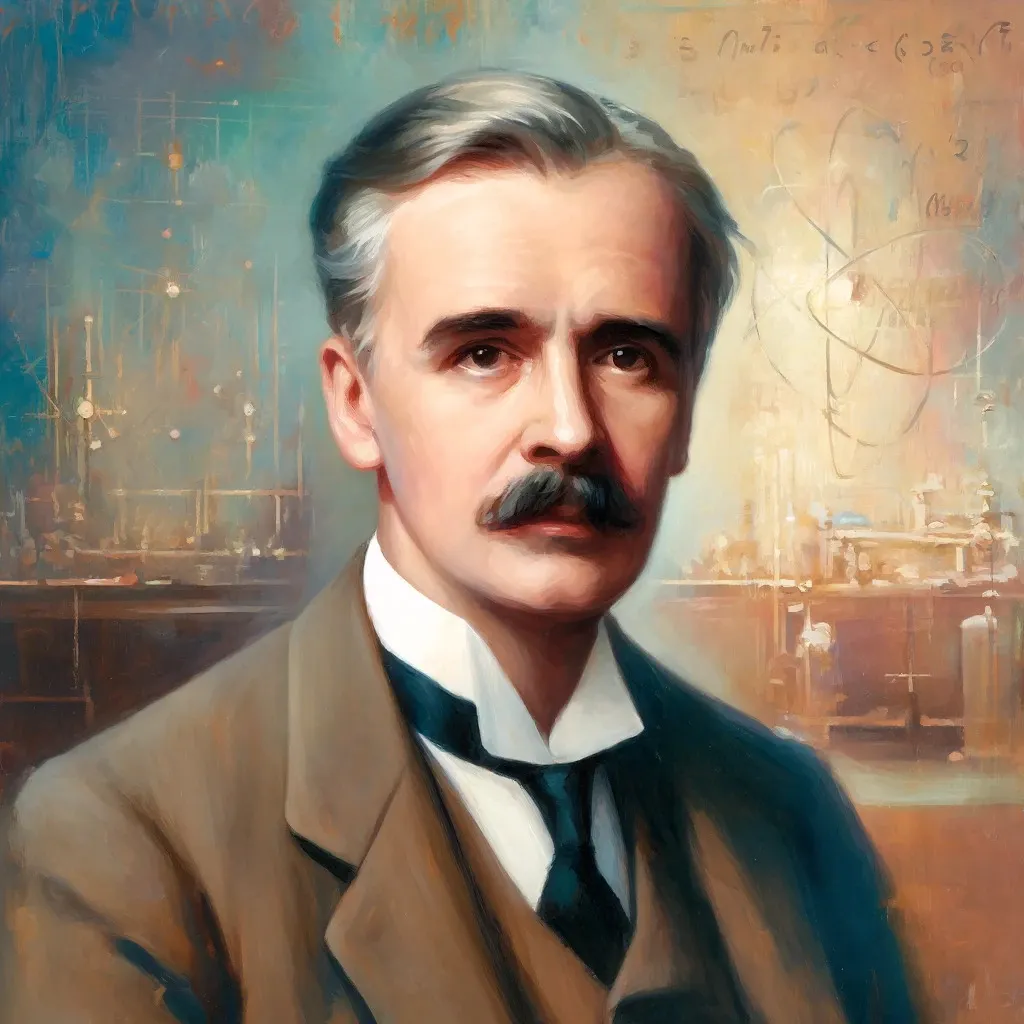In been reading Richard Rhodes’ “The Making of the Atomic Bomb”, I was fascinated by the work of Ernest Rutherford. Not only was he a great scientist in his own right, but under his leadership, a full eleven people became Nobel laureates. That’s an amazing track record, and the reasons for that success are worth investigating.

GPT-4o Prompt: an illustration of ernest rutherford, big-brush style
Here are some of the lessons I learned from his work, and how today’s managers can apply them to their own leadership style:
-
Cultivating Open Communication and Collaboration: Rutherford understood the importance of a free flow of ideas. He created an environment where his students could frequently debate and discuss their findings, fostering innovation through collective intelligence. Managers can encourage team members to share ideas openly, promoting a culture of collaboration.
-
Valuing Ideas Over Hierarchy: In Rutherford’s lab, the merit of an idea was valued over the status of the person proposing it. This egalitarian approach ensured that everyone could contribute meaningfully. Modern managers can adopt this by creating a flat organizational structure where ideas are judged on their merit, not the seniority of the contributor.
-
Encouraging Exploration and Experimentation: Rutherford gave his students the freedom to explore their own ideas and interests, which led to many breakthroughs. Managers should provide their teams with the autonomy to pursue innovative projects, allowing creativity to flourish.
-
Being Approachable while Setting High Standards: Rutherford was known for his approachability and constructive criticism while maintaining high standards. Managers can emulate this by being accessible to their teams and providing feedback that encourages growth, while still holding them to high standards.
-
Infectious Passion: Rutherford’s passion for his work inspired those around him to push their own limits. Managers should lead by example, showing enthusiasm for their work, which can motivate their teams to strive for excellence.
The best managers I’ve encountered throughout my career all exhibited many of these traits. Fostering a culture of ownership and trust, where exploring great ideas is more important than establishing a hierarchy, is how you get great results as a team or an organization. Implementing Rutherford’s principles can help create an environment where innovation and success thrive.